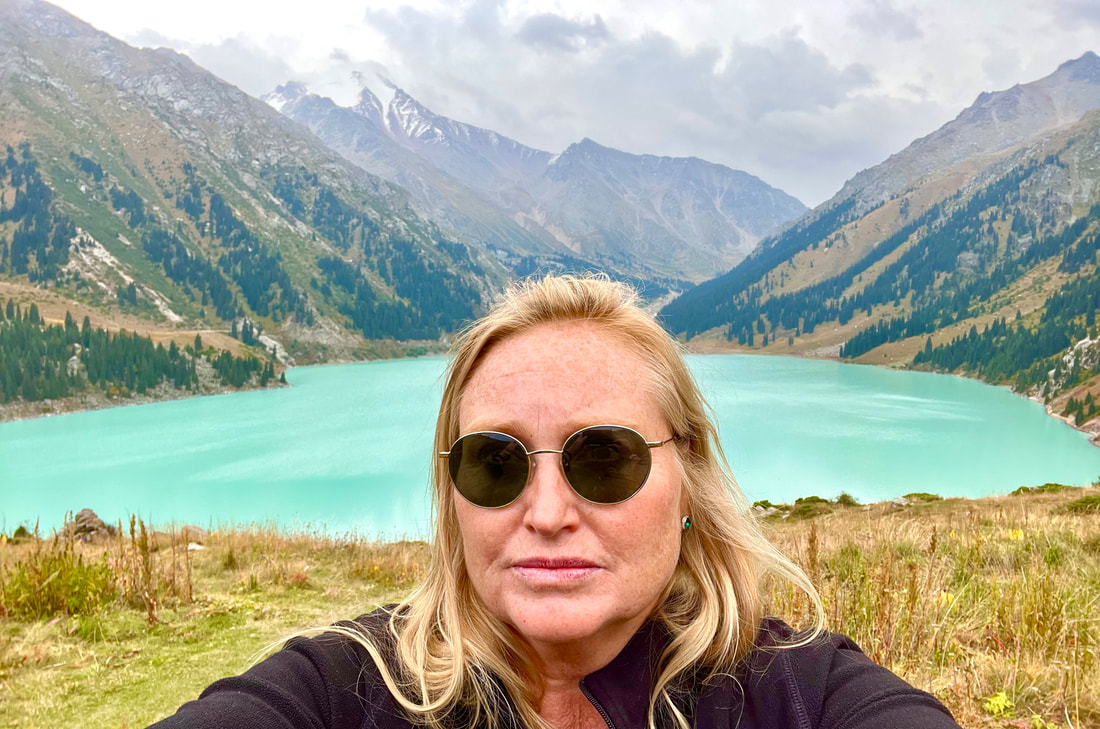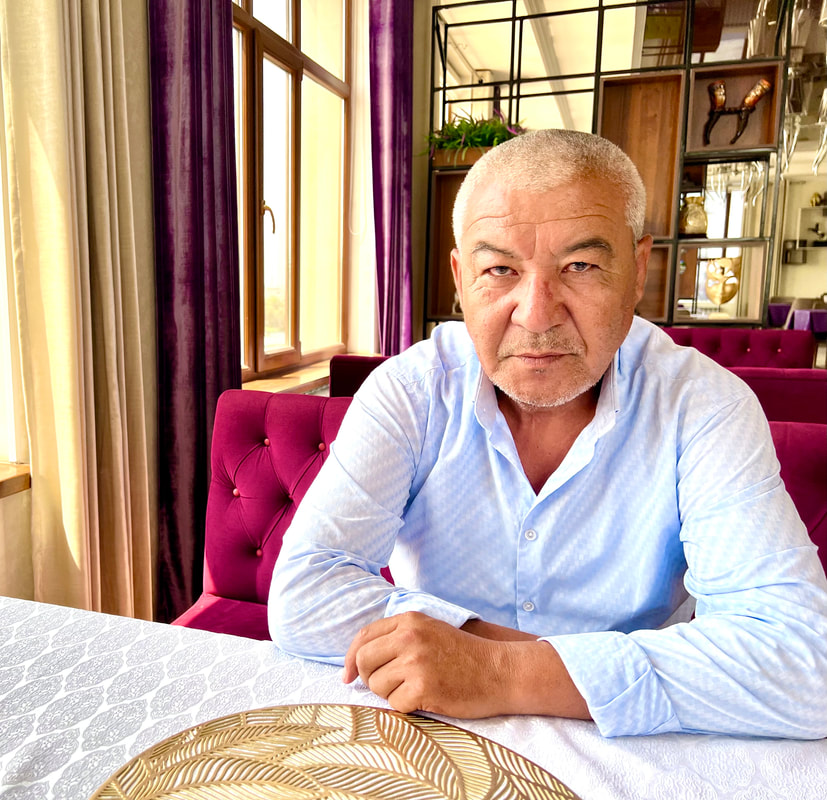|
It's been a few weeks since I left Nur-Sultan, the capital of Kazakhstan, and ventured into the regions of this ninth-largest country in the world. In three weeks, I have traveled 9,821 kilometers or 6,102 miles and interviewed more than 20 journalists. [Since my arrival in Kazakhstan two months ago, I have conducted 30 interviews.]
After seven flights, one train journey and three road trips in the various regions, I have a better understanding of what happened in this country when residents took to the streets to protest gas prices and government corruption. Dozens of journalists were detained, imprisoned, and, in some cases, tortured. But they fared better than their countrymen: 238 who were killed by government bullets or tortured in custody. For most of these journalists, this was not the first time they'd been dragged into a police station for covering a protest. They knew what to do, how to protect their photos, how to demand official documentation for their detention, how to request an attorney and how to insist on bureaucratic formalities that most Kazakhstan citizens are unaware of. While many accounts of the January protests were recorded by citizens themselves—this protest was started by social media—many of the official accounts of what happened in January were documented by brave, independent journalists. These are some of the faces of those who have told me their stories. Through my travels, especially in the regions, I've been trailed by the KNB—Kazakhstan's version of the KGB. At one point I confronted one agent who was not very good at hiding his "secret" filming of me and the journalist I was interviewing. He didn't deny what he was doing and shortly later he left the area. The journalists seemed unfazed by this blatant spying. A couple weeks ago, the Kazakhstan government complained to the U.S. Embassy here because I had published two stories about the arrest of blogger Makhambet Abzhan. I am here as a journalist Fulbright scholar doing interviews. I'm not here under a journalist visa. Journalists here are licensed and documented by the government. I normally don't publish my research until I'm finished. But, hey, Makhambet wrote me a two-page confession from prison! Soon I hope to introduce you to these journalists' personal stories. Comments are closed.
|
Fulbright in Central AsiaFrom March, 2022 to January of 2023, I was a Fulbright Scholar with the U.S. State Department in post-Soviet Central Asia. My previous Fulbright was in Ukraine. For the past six years, I have reported on journalists from post-Soviet countries who have experienced retaliation for reporting the truth. Archives
January 2023
|





















 RSS Feed
RSS Feed
